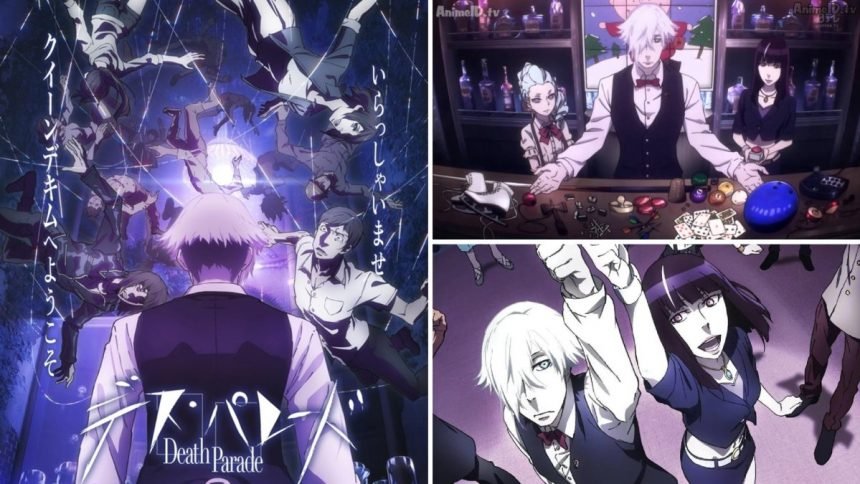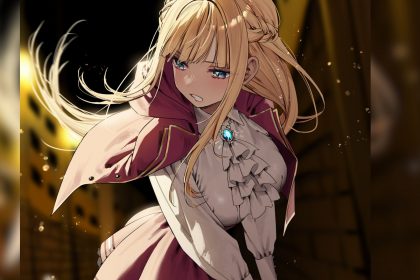Step into a mysterious realm where souls are judged after death, their true nature laid bare. This is the world of “Death Parade,” an anime series that delves into the intricacies of the afterlife’s judgment and the depths of human nature. In this article, we will explore the captivating themes and thought-provoking questions that lie within the world of “Death Parade.”
An Overview of “Death Parade”
“Death Parade” takes place in a bar-like setting called Quindecim, where deceased souls are sent to be judged by arbiters. The series follows Decim, one of the arbiters, as he presides over intense psychological games that reveal the true nature of the souls. Through these judgments and the interactions between the characters, this series explores themes of morality, redemption, the complexity of human emotions, and the nature of judgment itself.
Death Parade: The Complexity of Morality
Moral Gray Areas:
“Death Parade” challenges the notion of black-and-white morality, presenting characters with complex moral dilemmas. The series explores the shades of gray in human actions and decisions, highlighting the inherent complexity of moral choices. For example, in one episode, two souls are judged based on their past actions, but the revelation of their circumstances and intentions adds layers of moral ambiguity, leaving viewers questioning the nature of right and wrong.
The Power of Redemption:
Another significant aspect of “Death Parade” is its exploration of redemption and the potential for growth and change, even in the afterlife. The series showcases characters who have made mistakes in their lives but are given the opportunity to reflect, learn, and find redemption through the judgment process. It raises questions about whether individuals can truly atone for their past actions and whether redemption is possible, even beyond death.
Further Readings: The Exploration of Moral and Ethical Dilemmas in Anime and Manga
The Nature of Judgment in Death Parade Anime
Subjectivity vs. Objectivity:
“Death Parade” delves into the nature of judgment itself, exploring the balance between objective assessment and subjective interpretation. The arbiters in the series are tasked with making impartial judgments, but they are influenced by their own emotions and biases. The show raises questions about the limitations of judgment and the potential for error when human emotions come into play.
The Mask of True Nature:
The series also examines the concept of masks and how individuals present themselves to the world. “Death Parade” reveals the true nature of the souls through the intense psychological games they are subjected to. It prompts viewers to reflect on the masks they wear in their own lives and the vulnerabilities and truths that lie beneath the surface.
Conclusion
“Death Parade” invites viewers to contemplate profound questions about morality, redemption, and the nature of judgment. Through its compelling narrative and complex characters, the series sheds light on the intricacies of human nature and the complexities of moral decision-making. It serves as a reminder that our actions and choices have consequences and that true understanding and empathy require looking beyond the surface. This anime challenges us to confront our own beliefs and biases, fostering a deeper understanding of the human experience.













